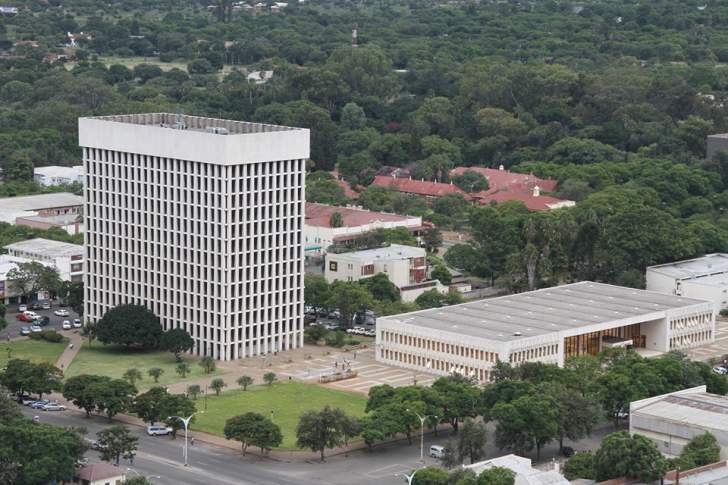The Bulawayo City Council (BCC) is owed ZWL$5.5 billion in unpaid bills, as of April 2022, with residents accounting for 62 percent of the debt.
The local authority said this debt was an indication that households are not paying their bills on time, and therefore cannot enjoy certain services, as BCC only collected $3.3 billion by the same period.
Making a presentation on the city’s billing system BCC Finance manager – Revenue Section under the Financial Services Department, Qiniso Ndlovu, said the budget for 2022 under the revenue collection stood at $15.9 billion while the partial budget which is up to April was $5.3 billion.
“The actual performance up to April on the accrued income is $5. 2 billion. Collections thereof are at $3.3 billion. These levels of collections show a number of city residents are not paying their bills on time. This affects delivery of service in that the city is unable to procure the inputs for service delivery and pay for them timeously,” she said.
“Thus it affects the level of service that residents can enjoy. Debtors for the city total $5.5 billion at the end of April 2022 billing. This is broken down into various wards. The greatest debt is sitting with domestic debtors, who owe 62 percent followed by industry and commerce, then the government also owes the city under the parastatals and the ministries paid for by the Ministry of Finance.”
Ndlovu’s office which is in charge of the city’s billing that incorporates water meter reading, delivery of bills and payments and receipts from customers, said BCC’s bulk income comes from billing.
The BCC finance manager implored residents to pay their bills on time to provide service delivery and avoid liquidity.
Ndlovu added that the city’s bills are generated monthly based on the reading of the water consumption.
Thereafter, BCC reads the meters every month and produces the bills which are then delivered to residents.
“But it’s noteworthy to mention that from February 2020, the city was unable to read meters until June 2021 when meter reading was resumed. This led to a lengthy period of estimations and a number of queries arose when we started reading the meters,” Ndlovu said, noting that a number of adjustments were then passed in the system.
“We adjusted for the over and under estimation in the period that meters were not read and most of the bills are now accurate.”

